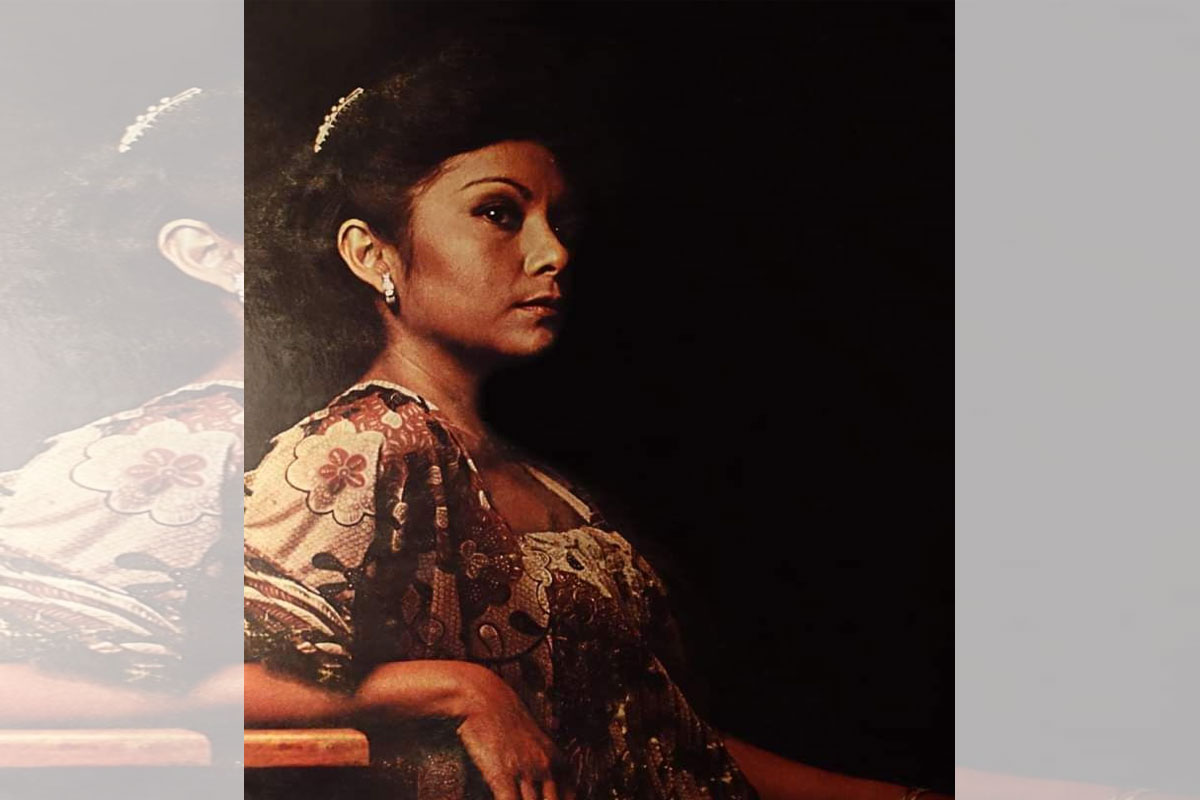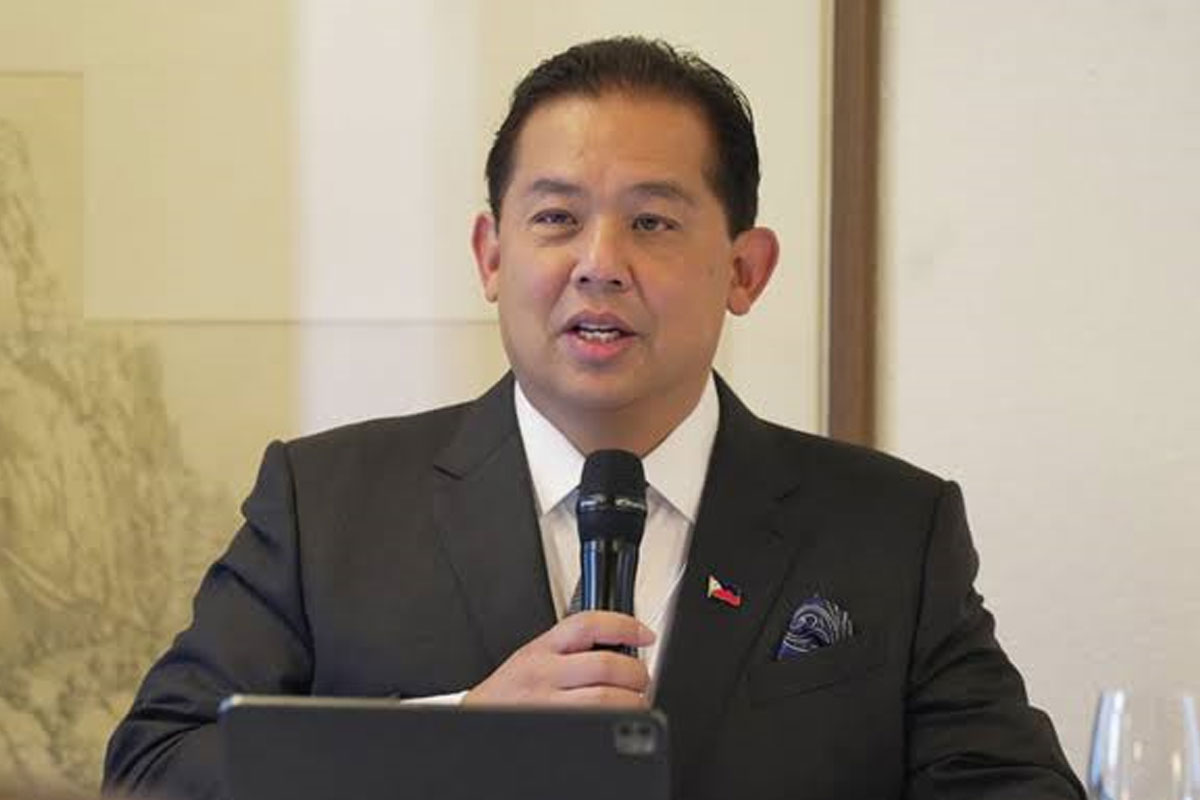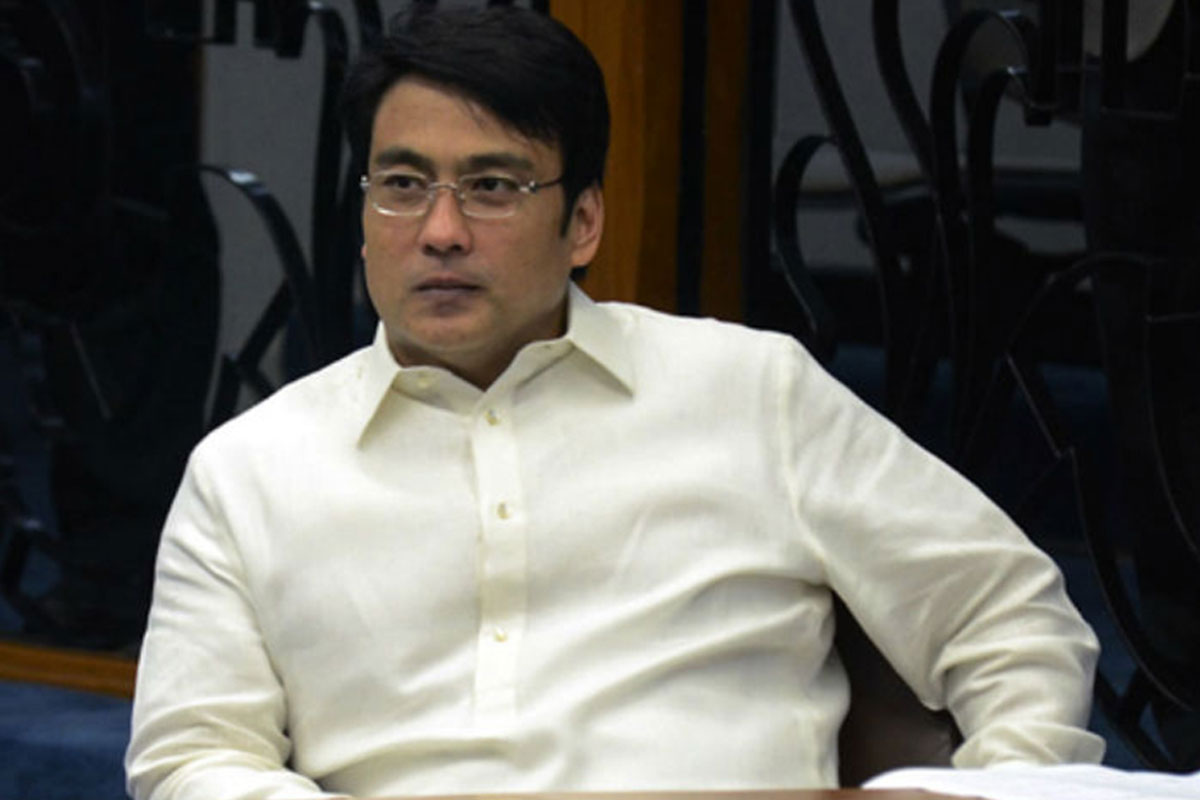
JUSTICE SERVED
THE Supreme Court has reiterated that clients should not be unfairly penalized for their lawyer’s mistakes, especially when it could deny them justice.
In a decision written by Associate Justice Samuel H. Gaerlan, the SC’s Third Division granted a group of laborers extra time to file their pleading after their lawyer failed to do so.
The laborers had filed a case for illegal dismissal against their employer.
After both the Labor Arbiter and the National Labor Relations Commissions dismissed their complaint, they brought their case to the Court of Appeals (CA), where they had 60 days, or until December 10, 2022, to file a petition for certiorari.
However, their lawyer failed to prepare the petition despite prior arrangements and payment. Left without legal representation, they requested a 30- day extension, or until January 10, 2023, to find a new lawyer and file their case.
The CA rejected their request, indicating that they had not made sufficient efforts to hire a new lawyer. Consequently, it dismissed their petition, which they filed through new legal counsel on January 10, 2023.
The laborers appealed to the SC, which ruled in their favor.
The SC clarified that while the 60-day deadline for filing a petition for certiorari is generally required, courts may grant extensions for valid reasons.
Although clients are generally bound by their lawyer’s actions, there are exceptions – particularly when a lawyer’s negligence violates due process or leads to the loss of a client’s liberty or property.
“Indeed, if the strict application of the rules would tend to frustrate rather than promote justice, the Court is not without power to exercise its judicial discretion in relaxing the rules of procedure and prevent a miscarriage of justice.”
In this case, the laborers – who were minimum-wage workers with limited access to legal resources – were left stranded when their lawyers abandoned them.
Given their circumstances, the SC recognized that they could not be expected to immediately find new legal representation.
As a result, the SC ruled that the CA must hear their case, affirming the principle that the law should protect the most vulnerable: “Indubitably, the adage that ‘those who have less in life should have more in law’ is not an empty platitude, especially when there is a grave possibility that the less privileged, having relied in good faith on the assurances of a lawyer, were abruptly abandoned and were deprived their right to due process. The Court rectifies this in the exercise of its primary duty, to render justice free from the constraints of technicalities. Verily, our courts and tribunals should strike a balance between public policy and necessity – that of putting an end to litigation speedily, and yet such necessity with the right of a litigant to an opportunity to be heard.”
The SC reinstated the case and directed the CA to resolve it based on its merits.
It also instructed the Commission on Bar Discipline of the Integrated Bar of the Philippines to investigate the lawyer’s conduct for potential administrative liability as a member of the Bar.
















